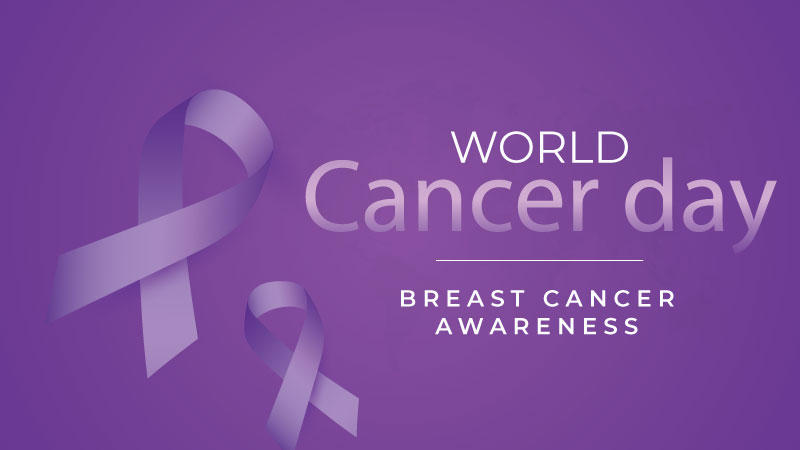Cervical cancer and vaccination
According to Globocan 2018 data, India had 97000 cases and 60000 deaths. It is the second most frequent cancer among women. HPV 16,18 and 31,33,45,52,58,5 and 11 are viruses that cause cervical cancer. HPV 16/18 is responsible for more than 70% of cases. It is preventable if immunization and screening are carried out at the proper age.
Pre-adolescent females (9-15 years) can get a two-dose HPV vaccine at either a six-month or a one-year interval to protect them from HPV16/18. The three-dose immunization schedule is still recommended for women aged 15 and up.
In terms of preventing HPV 16/18 infection, both the Gardasil and Cervarix vaccines are close to 90 percent effective. HPV 16/18 protection lasts at least 5 years and 10 years, respectively.
HPV vaccines lower the number of abnormal screening tests, colposcopies, and excisions performed. In our country with limited resources and a high burden of disease, vaccinating these women in conjunction with a screening program gives the potential to lower cervical cancer incidence.
HPV vaccinations have been taken by less than 2% of females aged 9 to 45 over the world, and none at all in the countries with the highest incidence rates of cervical cancer. As a result, every woman should get the HPV vaccine and give it to her daughter.

